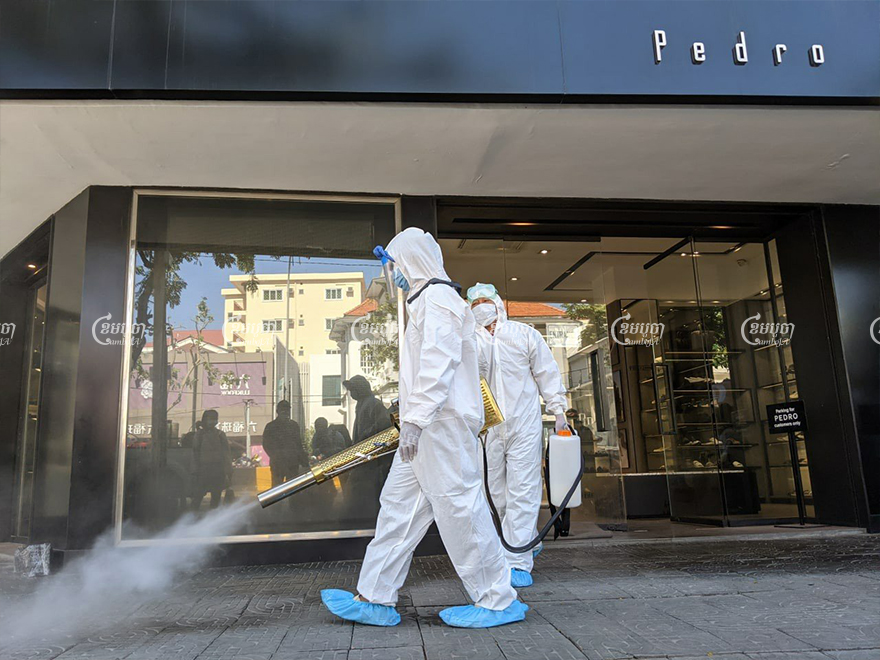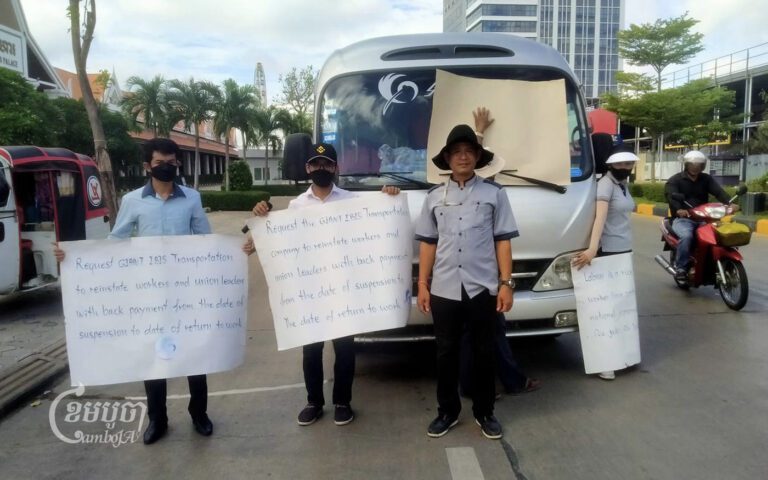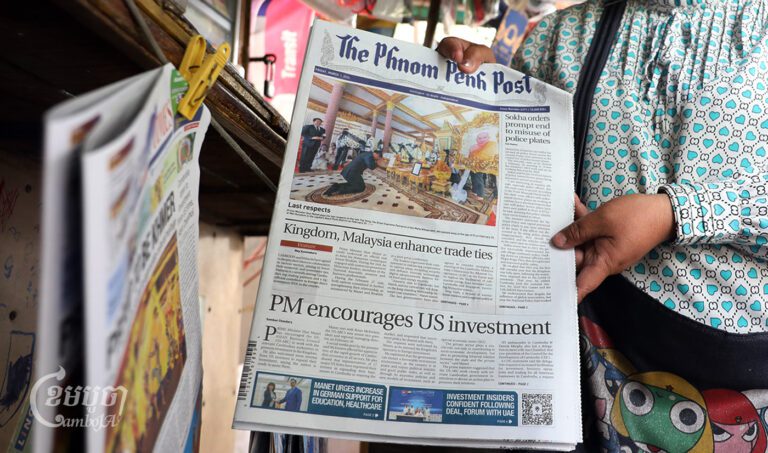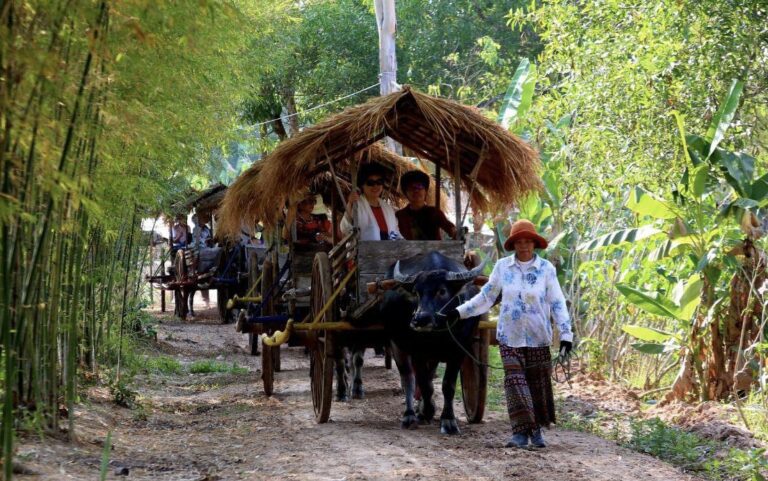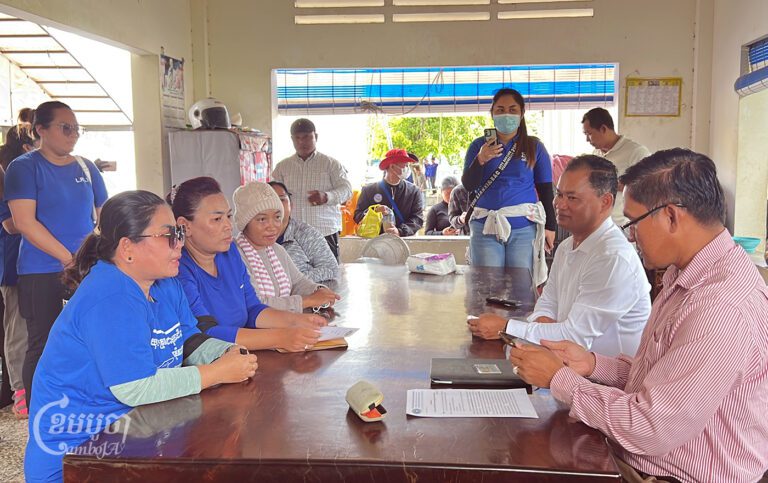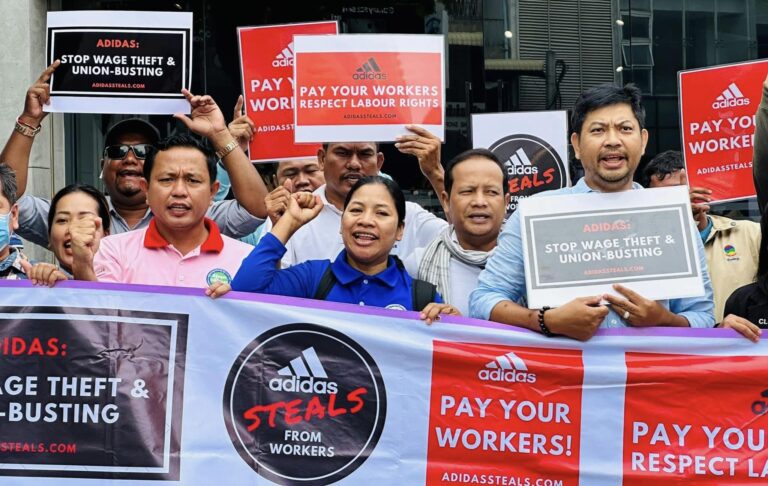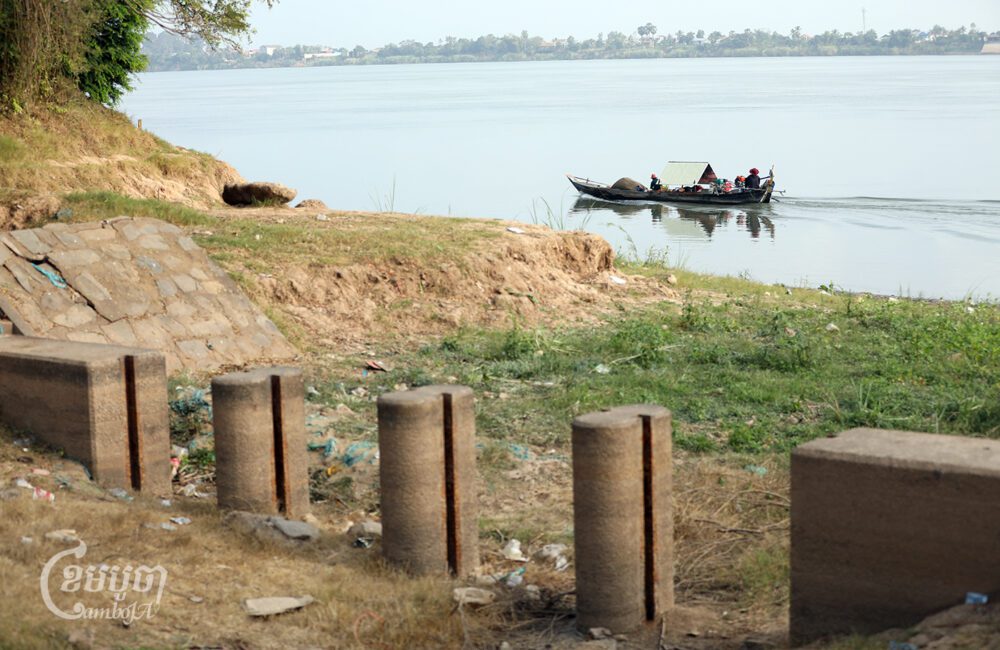Prime Minister Hun Sen said the release of personal information of people recently diagnosed with COVID-19 and part of the recent community transmission cluster was necessary, as the case tally rose to 29 on Saturday, after six employees at a Phnom Penh fashion store tested positive.
The Ministry of Health announced on Saturday morning that six more employees from Pedro footwear and accessory store on Preah Sihanouk Boulevard tested positive, a day after a colleague of theirs had come in contact with a COVID-19-positive bank employee from Canadia Tower.
In an audio recording released Friday night, Hun Sen said the identities of the individuals with COVID-19 would be released publicly so that people who had come in contact with them would know and can get tested.
“We need to release the picture, name and address of those who were found COVID-19 positive, so other people who have contact with them need to show up for testing and put on quarantine timely,” he said.
Hun Sen defended the move to release confidential medical information, saying he had been forthcoming about his test results during mass testing for a prior coronavirus scare in early November.
“This issue is now about people’s lives, the right to live,” he said, defending the violation of patient’s rights.
On Saturday evening, the Ministry of Health released the pictures of two people from the cluster – both of who are now cured according to the ministry – who are believed to be the first sources of the recent outbreak. One of the two is the daughter of prisons chief Chhem Savuth and one of the first confirmed cases in this cluster of infections.
The ministry asked anyone who came in contact with the two people to give samples, which is likely a move to trace the origins of the virus.
Hun Sen added that there was a chance that the family of prisons chief Chhem Savuth had come in contact with someone travelling from overseas, adding that more-lenient quarantine measures for business persons entering the country would be made stricter and they would have to complete 14 days of quarantine.
Am Sam Ath, deputy director of local rights group Licadho, said the release of patient information was a violation of their privacy and could be used to discriminate against them.
“In the context of COVID-19, I understand that the government may think there is a need to alert the public to be more careful, especially for those who have come in contact with an infected person,” he said. “But what is important is to not discriminate [them].”
As of Saturday morning, Cambodia recorded 345 COVID-19 cases, 29 of which were from the current cluster.
In light of the increasing case count, Phay Siphan, a Council of Ministers spokesperson, said there were no signs of any preparations for a lockdown as yet. He said the Health Ministry were briefing and providing their analysis on the situation to the prime minister.
“When the ministry makes a clear assessment on the situation, they will then propose the issue to the prime minister and only the prime minister can decide whether or not to lock down,” he said.
Ministry of Interior Spokesperson Khieu Sopheak said authorities were always on standby but that they had not been alerted to a potential lockdown.
“So far there are no orders from the government to prepare for the possibility of a lockdown in any part of the country or Phnom Penh,” he said.
In April, Cambodia passed a hurriedly-drafted “state of emergency” law that encompassed situations from armed conflict to public health issues. The law provided the sweeping powers to the government and curtailed some fundamental freedoms without any checks and balances.
So far, the government, and Hun Sen, have publicly said they were hesitant to enforce a state of emergency.
Chak Sopheap, an executive director of Cambodia Center for Human Rights (CCHR) said that the government must only impose COVID-19 mitigation policies that are strictly necessary to deal with a public health situation.
“This requires a careful balance of the right to health against all other human rights that policies could impede upon,” she said.
“A declaration of a state of public emergency is not a free-for-all on human rights, and the appropriate steps and guidance encapsulated in international law must be followed,” she said.
Anthony Galliano, group chief executive officer of Cambodian Investment Management Holding, said any prolonged quarantine period for business visitors would discourage, if not deter, a trip whether for business or tourism purposes.
“Most countries have some form of quarantine periods, so this in not out of the ordinary. The entry policy is dynamic and adjusted as fitting the current situation, and with a vaccine on the horizon, the short term economic pain is worth the long-term health and safety of the people,” he said.
Ailan Li, World Health Organization representative to Cambodia, said the recent cluster in Cambodia highlighted the need for decisive, targeted response measures that focused on surveillance, testing, isolation of cases, contact tracing, and quarantining of contacts.
“If everyone plays their part to join forces and show solidarity, we hope to stop local transmission as soon as possible and to avoid a largescale lockdown which will have huge social economic impacts,” she said.


